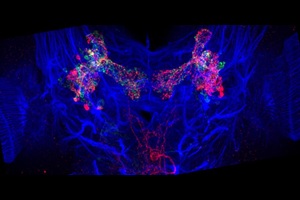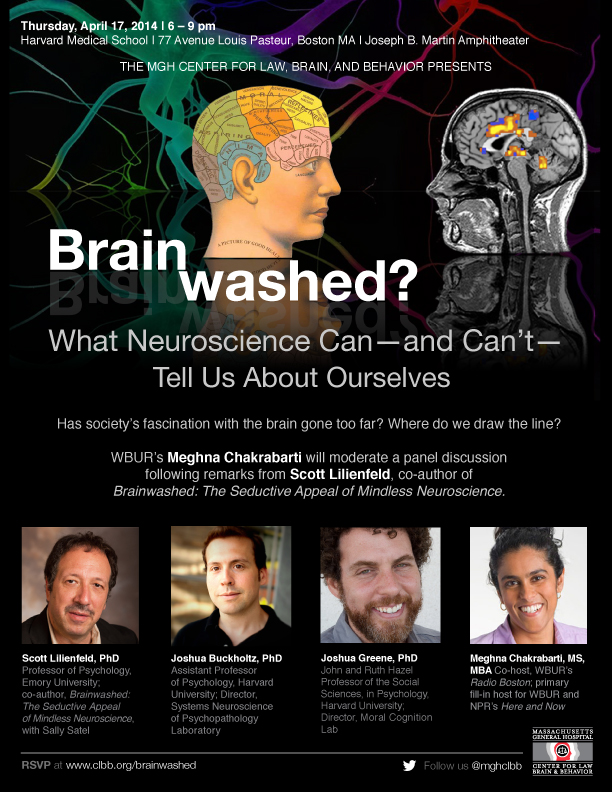On April 24-25, 2014, the symposium, Imaging the Brain, Changing Minds: Chronic Pain Neuroimaging and the Law, took place at the University of Maryland School of Law.
An interdisciplinary collaboration between pain neuroimaging researchers, legal decision-makers, and legal scholars, the symposium’s goal was to create dialogue between these fields, and to make legal actors aware of recent, breakthrough work in neuroimaging that has led to a paradigm shift in understanding chronic pain. This new science may have the potential to change legal doctrines and shift legal and cultural norms about chronic pain diseases and their sufferers. Doing so responsibly requires understanding the potential of the science, and also its limits.
CLBB Faculty member, Associate Professor at the University of Maryland School of Law, and pain expert Amanda Pustilnik, JD, was an organizer for this roundtable. The symposium was attended by a selection of law and neuroscience scholars, including Hank Greely, Martha Farah, and the Hon. Nancy Gertner, a CLBB Faculty member and Professor of Practice at Harvard Law School. Greely delivered the keynote, “Neuroimaging, Mind Reading, and the Courts;” the video is available here.
This event was jointly sponsored by the Law & Health Care Program at University of Maryland Carey Law School, the University of Maryland School of Dentistry, and the American Association for the Advancement of Science.





